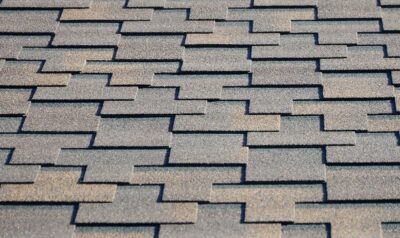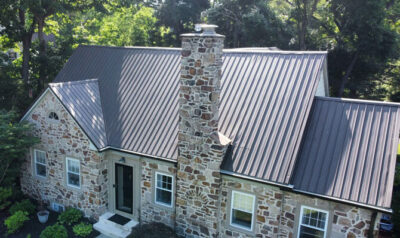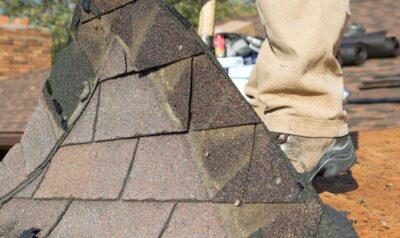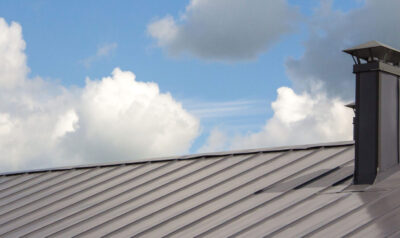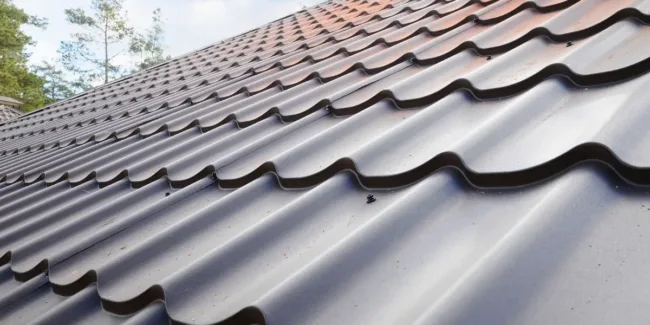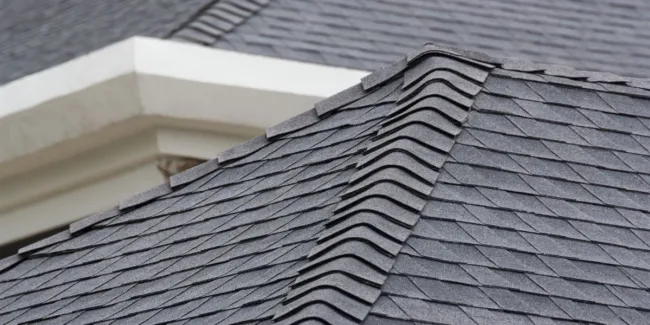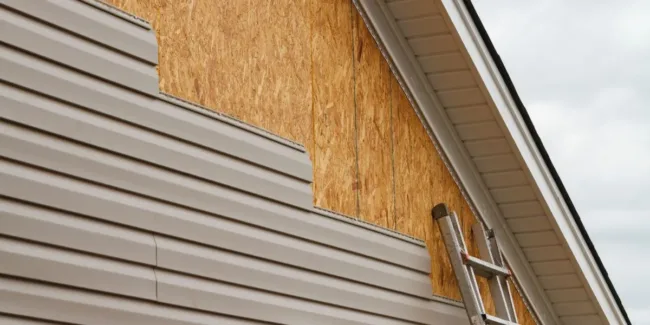2025 Roofing Tax Credits In Pennsylvania
For Pennsylvania homeowners looking to invest in roofing improvements, several tax credits and incentives are available as of February 2025. These programs can help offset costs while promoting energy efficiency and sustainability. Whether you’re upgrading to ENERGY STAR-certified materials or installing solar-integrated roofing, taking advantage of these financial incentives can lead to significant savings.
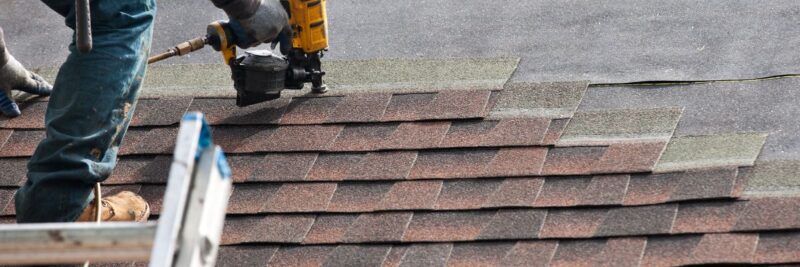
Federal Energy Efficient Home Improvement Credit
The Energy Efficient Home Improvement Credit is a federal tax incentive that allows homeowners to claim a 30% tax credit on expenses up to $5,000 for qualifying energy-efficient roofing materials. This means homeowners can receive up to $1,500 in savings when investing in eligible roofing upgrades. However, this credit only applies to the cost of materials, not labor or installation expenses.
Eligibility Requirements
- The roofing materials must be ENERGY STAR certified and designed to enhance energy efficiency by reflecting heat and reducing cooling costs.
- This credit is available for home improvements made between January 1, 2023, and December 31, 2032.
- Homeowners must retain all receipts and documentation related to their roofing materials to claim the credit.
- A Manufacturer’s Certification Statement is required as proof that the roofing materials meet ENERGY STAR standards.
- This credit cannot be carried forward to future tax years.
Residential Clean Energy Credit
For homeowners interested in renewable energy solutions, the Residential Clean Energy Credit offers a 30% tax credit for qualifying clean energy equipment, including solar roofing tiles and shingles. These roofing materials serve a dual purpose: they generate solar electricity while functioning as traditional roofing.
Key Details
- Available through 2032, with the credit amount stepping down to 22% in 2033 and 2034.
- Unlike the Energy Efficient Home Improvement Credit, this credit can be carried forward to future tax years if the credit amount exceeds the homeowner’s tax liability.
- Covers solar-integrated roofing systems, which combine renewable energy generation with roofing materials.
- Requires appropriate documentation, including proof of purchase and installation.
State and Local Incentives in Pennsylvania
In addition to federal tax credits, Pennsylvania may offer state-specific rebates and incentives for energy-efficient home improvements, including roofing upgrades. Homeowners should check with local utility companies and state programs for additional financial assistance.
Penn Energy Savers Program
A notable initiative launching in 2025 is the Penn Energy Savers Program, which provides rebates for home energy efficiency upgrades. This program specifically targets low and moderate-income households, offering additional financial support for homeowners who may struggle to afford roofing improvements.
Other State and Local Programs
- Some local utility providers may offer rebates or incentives for homeowners who install energy-efficient roofing materials.
- Certain municipalities in Pennsylvania may have green building programs that provide tax incentives for sustainable home improvements.
- Homeowners should consult their local energy offices to explore available programs that may supplement federal tax credits.
How to Claim Roofing Tax Credits
To ensure you maximize your tax savings, follow these steps when claiming roofing-related tax credits:
- Keep All Receipts and Documentation: Maintain records of all roofing materials purchased and installed.
- Obtain the Manufacturer’s Certification Statement: This document confirms that the roofing materials qualify for federal tax credits.
- File IRS Form 5695 (Residential Energy Credits): When filing your federal tax return, complete Form 5695 to claim the applicable credit.
- Ensure You Meet IRS Guidelines: Visit the official IRS website or consult with a tax professional to confirm eligibility requirements and avoid filing errors.
Important Considerations
- Non-Refundable Credits: Both the Energy Efficient Home Improvement Credit and Residential Clean Energy Credit are non-refundable, meaning they can reduce your federal tax liability to zero, but you won’t receive any excess as a refund.
- Carryover Differences: The Residential Clean Energy Credit can be carried forward to future tax years, whereas the Energy Efficient Home Improvement Credit cannot.
- State-Specific Regulations: Pennsylvania’s state and local incentives may change, so it is advisable to check with local authorities for the most up-to-date information.
Why Take Advantage of These Incentives?
Upgrading your home’s roofing system not only enhances durability and efficiency but also provides significant financial benefits. By utilizing these tax credits and rebates, Pennsylvania homeowners can:
- Lower upfront costs on roofing improvements.
- Increase energy efficiency, reducing monthly utility bills.
- Boost property value with high-quality, long-lasting roofing materials.
- Contribute to environmental sustainability by investing in green energy solutions.
Final Thoughts
A new, energy-efficient roof is a smart investment for Pennsylvania homeowners. With federal tax credits covering up to 30% of material costs, state-level incentives, and the introduction of the Penn Energy Savers Program, there are numerous financial opportunities to reduce the cost of roofing improvements.
To make the most of these incentives, be sure to keep all necessary documentation, work with qualified roofing professionals, and stay informed about local programs. For the most up-to-date and personalized information, consult with a tax professional or visit the official IRS website. By taking advantage of these programs, homeowners can enjoy both immediate savings and long-term energy efficiency benefits.
Whether you need a full roof replacement in PA or expert consultation, Home Genius Exteriors is here to help. Our team will assess your roof’s condition, provide a customized solution, and ensure a seamless installation process from start to finish.
Contact us today for a free consultation and estimate! Don’t wait—protect your home with the best in the industry.
